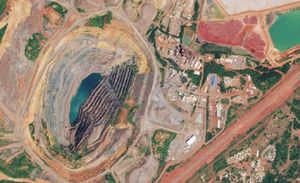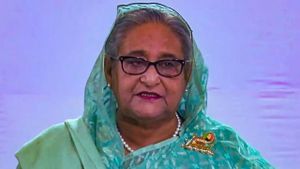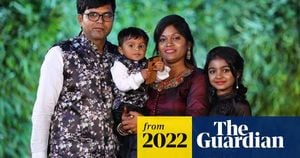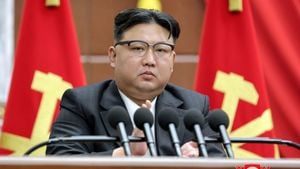Violence erupted once again on the streets of Amsterdam, igniting fears and anger over the rising tensions between diverse communities after recent attacks on Israeli soccer fans. The events unfolded against the backdrop of deeply rooted racial and religious divides, leading to significant political fallout and questioning the integration and acceptance of various immigrant populations in the Netherlands.
On November 8, 2024, clashes occurred during and after a high-profile soccer match between Ajax Amsterdam and Maccabi Tel Aviv. Eyewitness accounts describe scenes of chaos as local thugs reportedly targeted Israeli fans with car assaults, beatings, and hateful chants, culminating in five casualties who were treated for injuries at local hospitals. Some fans were heard shouting incendiary phrases like "Death to the Arabs" and "Let the IDF win. We will f--- the Arabs," illustrating the ferocity of the confrontation and the heated emotions running through both sides.
While local hooligans were embroiled in violence, it was the anti-Semitic nature of the attacks on the Israeli supporters, characterized by many as reminiscent of historical pogroms, which drew international condemnation. Israeli officials, including Prime Minister Dick Schoof, were swift to comment on the unrest, describing it as "extremely violent" and attributing the surge of anger to long-standing issues with cultural integration and social cohesion.
The Amsterdam mayor, Femke Halsema, initially labeled the events as akin to "pogroms" due to their violent anti-Jewish sentiment. She later expressed regret for using the term, stating it had become politicized, aiding narratives of propaganda rather than fostering constructive dialogue. "The term pogrom has been politicized and used for propaganda purposes," she clarified, emphasizing the importance of acknowledging the complex realities surrounding immigrant communities and their integration challenges within Dutch society.
An emergency governmental response was ignited following the incident. Deputy finance minister Nora Achahbar, of Moroccan descent, resigned amid accusations of racist comments made during closed-door meetings among Cabinet members. Her departure underscored the tensions within the government, reflecting the precarious nature of the four-party coalition, which is now threatened by potential resignations of other party members over the issue.
Geert Wilders, the right-wing leader of the anti-immigration Freedom Party, has taken advantage of the unrest to bolster his anti-Muslim rhetoric. During parliamentary debates, he laid blame squarely at the feet of Moroccan immigrants, asserting they were behind the violent attacks and calling for their deportation if they held dual citizenships. His nationalistic stance echoes sentiments shared by some factions within Dutch society, contributing to the atmosphere of division and fear.
Meanwhile, the Jewish community in the Netherlands has been reeling from this series of events, highlighting the tension and vulnerability they face amid rising anti-Semitism. Reports show alarming statistics, with as much as 72% of Dutch Jews feeling threatened by hostility toward their community within public spaces.
Additional complications arise from social media dynamics. Palestinian rapper Saint Levant publicly applauded the attacks during a performance shortly after, exacerbated by inflammatory remarks directed toward pro-Israel supporters. Videos circulated on platforms like Telegram featured alarming discussions among demonstrators contemplating violence against Jews, which has intensified fear among the community.
Activists and community leaders have been vocal about the perils of scapegoat politics; blaming specific ethnic groups for larger social issues is often detrimental to societal harmony. Critics point out the undeniable increase of Islamophobia and racial profiling, with recent EU findings indicating 50% of Dutch Muslims have experienced discrimination. The long-term impacts of political rhetoric and populist ideologies on the fragile fabric of Dutch society are yet to be fully assessed but show clear signs of fracture.
Despite the challenges facing integration and community relations, many still cling to hope for constructive dialogue and meaningful efforts toward reconciliation and harmony among Israel's and Palestine's respective supporters and within the broader immigrant populations.
On the political front, as tensions continue to escalate, observers are aware of the fine line government officials must tread. They must balance law-and-order measures against the backdrop of civil rights and protection for all groups involved, mindful not to fan the flames of racism or xenophobia. The upcoming weeks will be pivotal, as national leaders determine their response to this moment of crisis and as communities seek healing from the scars left by violence and hatred.



